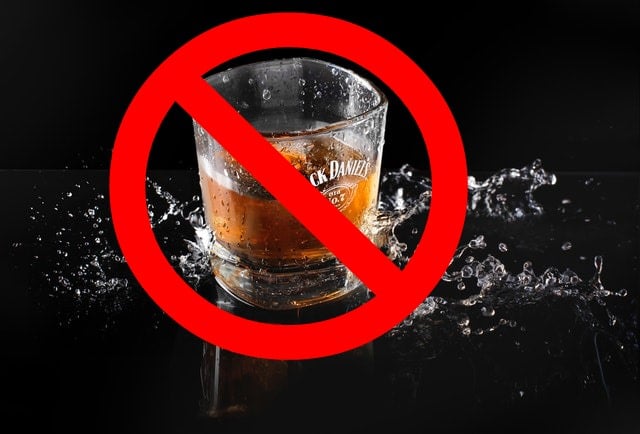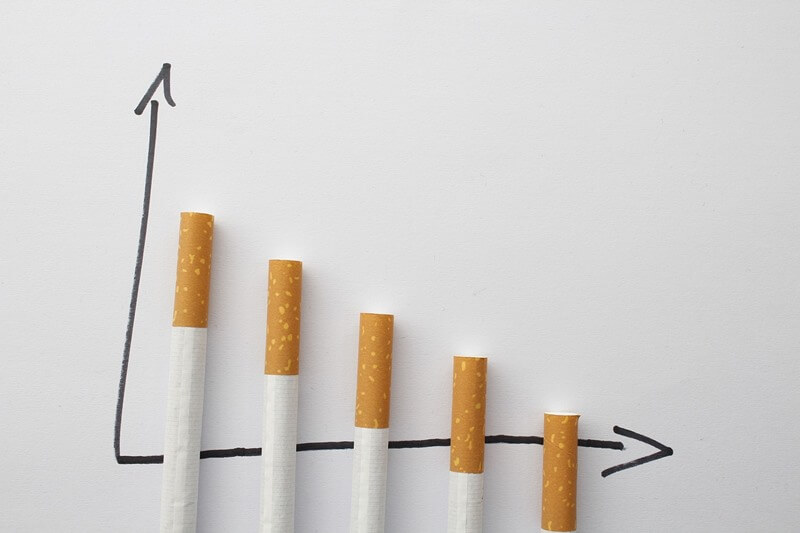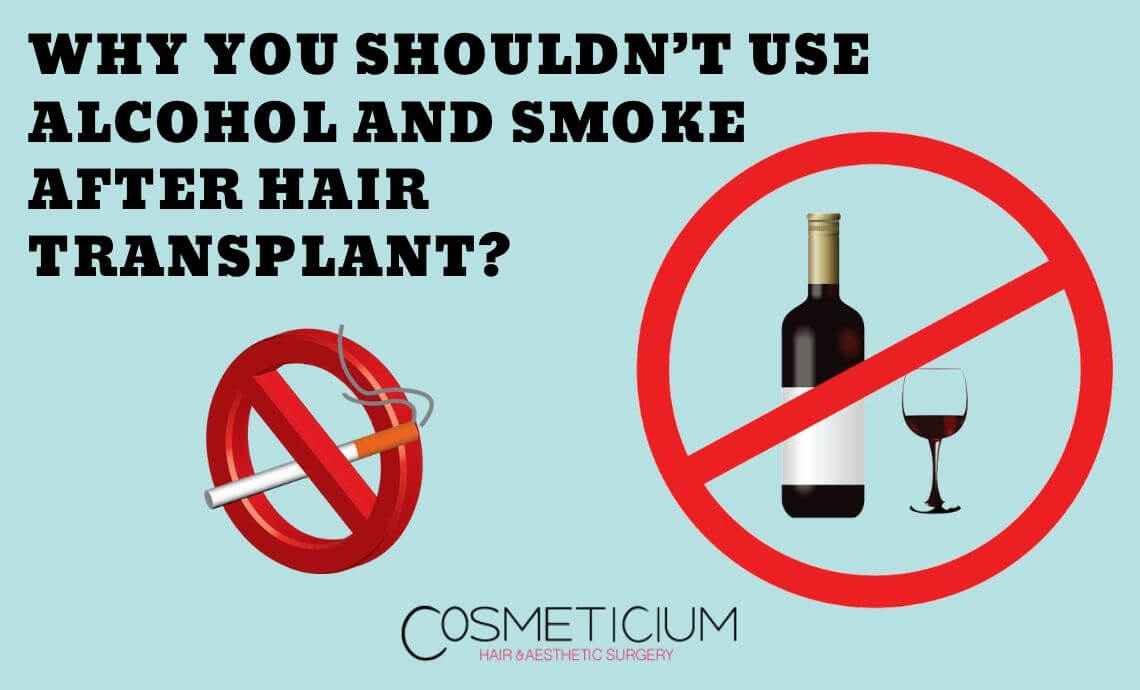The success of hair transplantation doesn’t only depend on the surgery performed. Post-operational process directly affects how successful the operation will be. How people who have the hair transplantation behave during this period is extremely important. It is known that especially smoking and alcohol consumption directly affects hair transplantation.
Smoking and alcohol consumption are known to affect health negatively. However, many people continue to smoke and drink alcohol today since this effect shows itself slowly. But it is different when it comes to hair transplantation. If you continue to consume them after hair transplantation, the result may be a complete disappointment for you. In our article, you can find the answer to the question: “Why shouldn’t alcohol and smoking be used after hair transplantation?”.
Why does the harm of alcohol and smoking after hair transplantation affect the operation negatively? All the details you need to know are in our article.
Why Shouldn’t Alcohol Be Used After Hair Transplantation?

Alcohol affects the body negatively in different ways. One of these effects is thinning of the blood. It can also affect blood clotting in a similar way. It should be noted that hair transplantation surgery is performed directly on the scalp and there are many capillaries. If not behaved in a sensitive way as required, serious bleeding may occur on the scalp. This effect of alcohol is similar to blood thinning drugs. Therefore, experts prohibit using alcohol just as they ban taking blood-thinning drugs before and after surgery.
You May Also Like: The Effect of Alcohol and Smoking on Hair Transplant
Pay Attention to Complication Risk!
Local anesthesia is applied to the scalp for hair transplantation. A number of anesthetic drugs are used for this procedure and these drugs remain in the body for a while. If alcohol is consumed after the surgery, there is a possibility that alcohol will react with these drugs. If this happens, very serious complications may occur and the transplanted hair follicles may die.
Considering the issues above, using alcohol before and after the procedure is prohibited by your doctor. Apart from these, it should be remembered that it may possibly react with drugs that will be prescribed by your doctor for possible infections and pain.
Alcohol consumption negatively affects the overall functioning of the body. It causes the rate of blood flow to change and sleep order to deteriorate. It is very important that you sleep regularly after your hair transplantation and your body functions in a healthy way. A problem that will occur here negatively affects the healing process and prolongs it. In some cases, it affects even the transplanted grafts. Therefore, it is extremely important to follow your doctor’s instructions regarding alcohol.
Why Shouldn’t You Smoke After Hair Transplantation?

When it comes to smoking, everyone thinks that it is a substance harmful to health. However, the number of smokers today is considerably higher. But its effects on hair transplantation are quite significant and are bigger than estimated. Smoking effects blood flow and wound healing during and after hair transplantation.
Healthy blood flow in the body means proper nutrition of all cells, tissues and organs. In hair transplantation, many small incisions are opened on your head and new hair follicles are transplanted there. Proper nutrition is very important for the survival of these hair follicles. This is only possible with a correct and healthy blood flow. If there is a problem in the blood flow, the hair follicles cannot be fully nourished. After some time they become weak and eventually die.
You May Also Like: Hair Surgeon Dr. Caglar is Answering Your Questions
Smoking Slows Down Your Blood Flow!
When you inhale cigarette smoke, a serious contraction occurs in your blood vessels. In addition, the red blood cells carrying oxygen in the blood are covered with carbon dioxide and their oxygen carrying capacities decrease. Therefore, both the blood flow slows down and the amount of oxygen carried is reduced. This will mean that even small incisions in the scalp will not fully heal.
That the incisions don’t heal on time means that the scalp remains covered with scabs for a longer period of time. This means that the scalp cannot breathe. Ultimately, the success rate of hair transplantation will decrease significantly.
It can be thought that the issues mentioned above are for heavy smokers only. However, even a few cigarettes to be smoked before the operation have a negative effect. Therefore, you should not smoke both before and after the operation, taking your doctor’s instructions into account.
More extensive research into the relationship between smoking and hair transplantation has not been conducted. Therefore, there may be more serious problems. Therefore, smoking should never be used before and after the operation.

